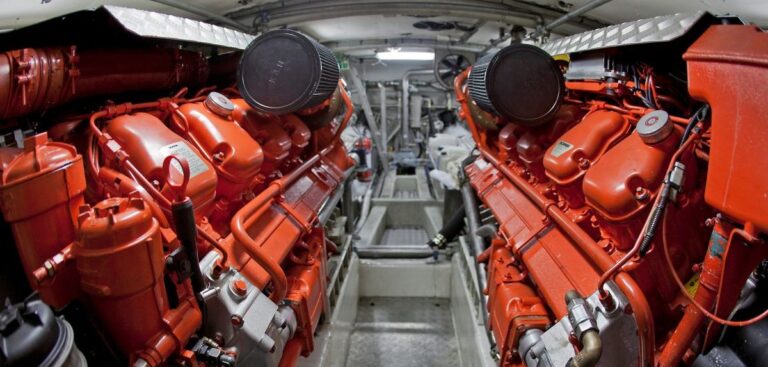VW Group-owned Scania, best known for its diesel powertrains but also actively developing electric and hybrid solutions, is to invest €15.5bn (US$18.7bn) in the construction a new battery development laboratory in Södertälje, near Stockholm, Sweden.
According to the company, work on the 1,000m2 facility has commenced and will be completed by spring 2021. Following extensive testing and verification of equipment and instruments, the laboratory will be fully operative by autumn 2021. Scania says it will contain three 250m2 test halls for battery cells, modules and packs. Adjacent to these halls, the laboratory will also have facilities for test sample preparation in order to improve work environment, safety and testing uptime.
“With the accelerating pace of development, the laboratory will strengthen our capacity to right-size batteries for every application,” noted Claes Erixon, head of research and development at Scania. “We have an ambitious roadmap ahead of us in annually launching new and updated electric products with related battery services. This underscores the need for world-class skills and knowledge in battery usage and lifecycle optimization.”
The laboratory will primarily focus on battery performance and lifespan evaluation in varying climate conditions from -40°C to 70°C. Scania’s engineers will examine and identify the best operational conditions for the battery with regard to, for example, temperature setpoint, state of charge window and charging power profile for tailored utilization in optimizing battery life and customer needs.
“Scania will continue to invest in competence both in our own operations as well as through important partnerships. We are going to make sure that the Södertälje and the Stockholm region will remain in the forefront of in the research and development also in an electrified future of heavy transport,” added Erixon.
The lab will complement a smaller facility with a climatic chamber for battery pack testing that was commissioned earlier this year.


